Keywords: Torres Strait Islanders
-
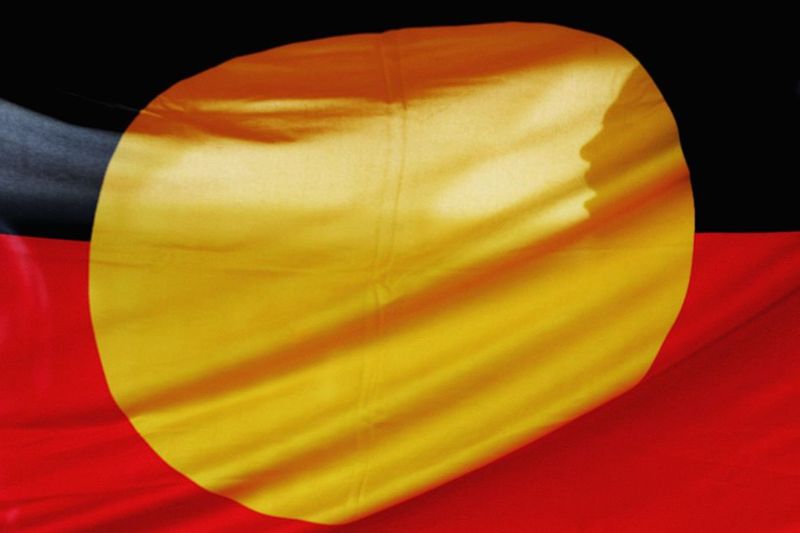
AUSTRALIA
- Frank Brennan
- 01 December 2022
15 Comments
We have a lot of work to do if there is to be any prospect of a successful referendum on the Voice to Parliament, which Indigenous people have put to us as the mode by which they want to be recognised in the Constitution. They have said they want a Voice. Now, we can debate whether it be a Voice to Parliament or a Voice to Parliament and government, or a Voice just about particular laws.
READ MORE 
-
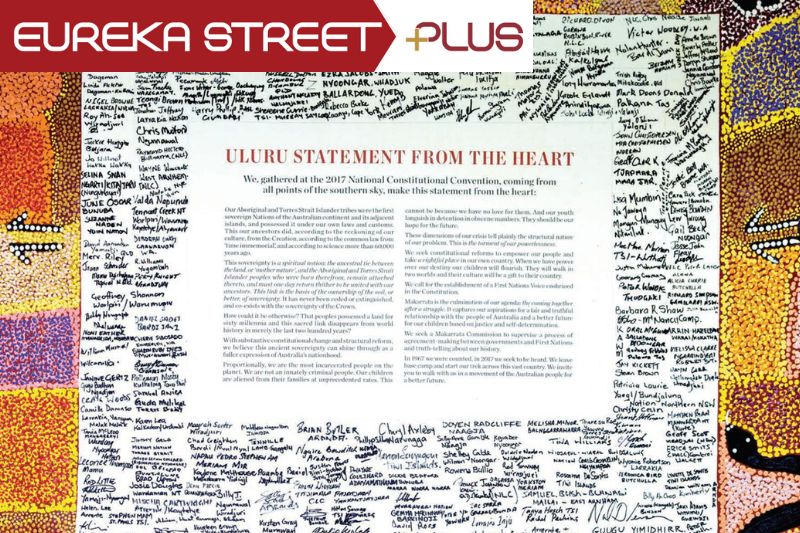
AUSTRALIA
- Frank Brennan
- 17 August 2022
2 Comments
We need to be able to do more than simply give notional assent to the Uluru Statement. We need to be able to contribute to the hard thinking and difficult discussions to be had if the overwhelming majority of our fellow Australians are to be convinced of the need for a Voice in the Constitution.
READ MORE 
-
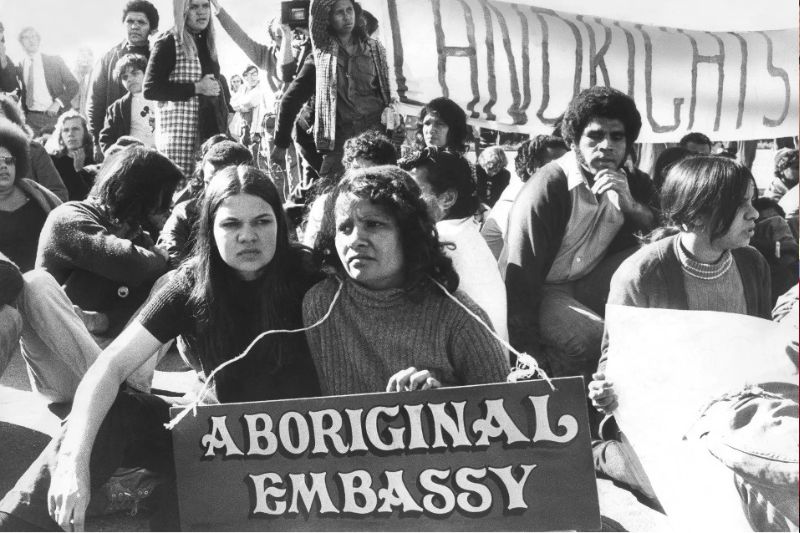
AUSTRALIA
The ‘Land Rights Now’ banner is hoisted against the wind, and the marchers set off for the Embassy. A young Aboriginal woman walks ahead of the banner. She has dyed her hair red. She turns and leans into the wind to face the marchers, holding a megaphone to her mouth. ‘What do we want?’ she shouts, ‘When do we want it?’ And she keeps going, exhorting the marchers. We reply ‘Land Rights … Now!’ The crowd tires before she does.
READ MORE 
-
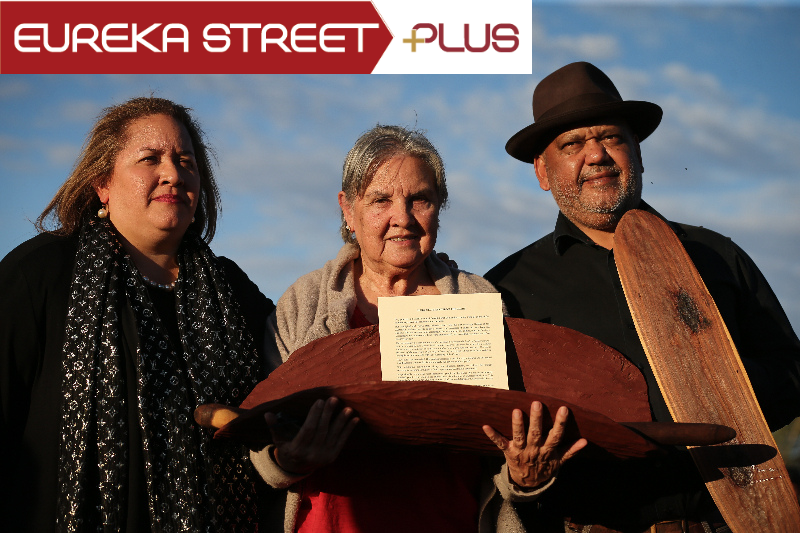
AUSTRALIA
- Frank Brennan
- 06 May 2022
5 Comments
Whoever is Prime Minister after the election on May 21, he will need to address the question of Indigenous recognition in the Australian Constitution. This is the sixth election in a row when the question has been a live, unresolved issue during the election campaign. The patience of Indigenous leaders is understandably wearing thin. Trust is waning. There is still no clear path ahead. So where to from here?
READ MORE 
-
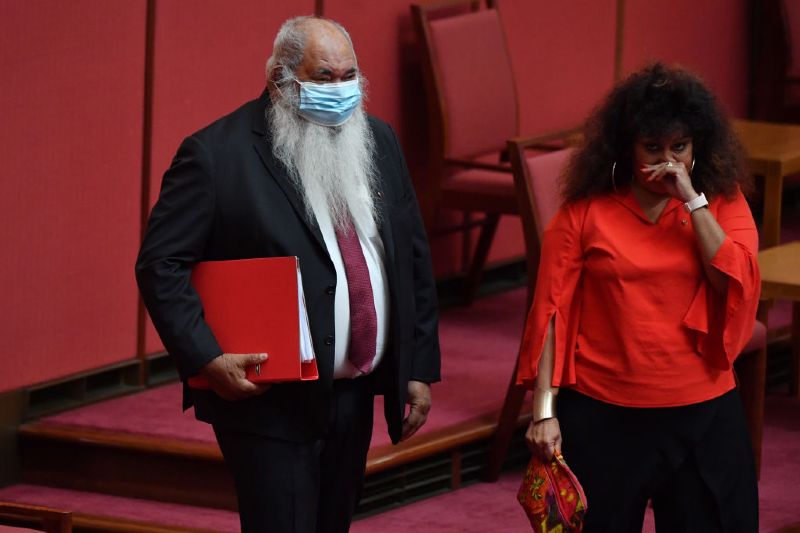
AUSTRALIA
- Michele Madigan
- 03 December 2020
12 Comments
Reading the government controlled Senate Committee recommendations regarding the current Social Security (Administration) Amendment (Continuation of Cashless Welfare) Bill 2020 and then the dissenting reports is like reading about two parallel universes.
READ MORE 
-
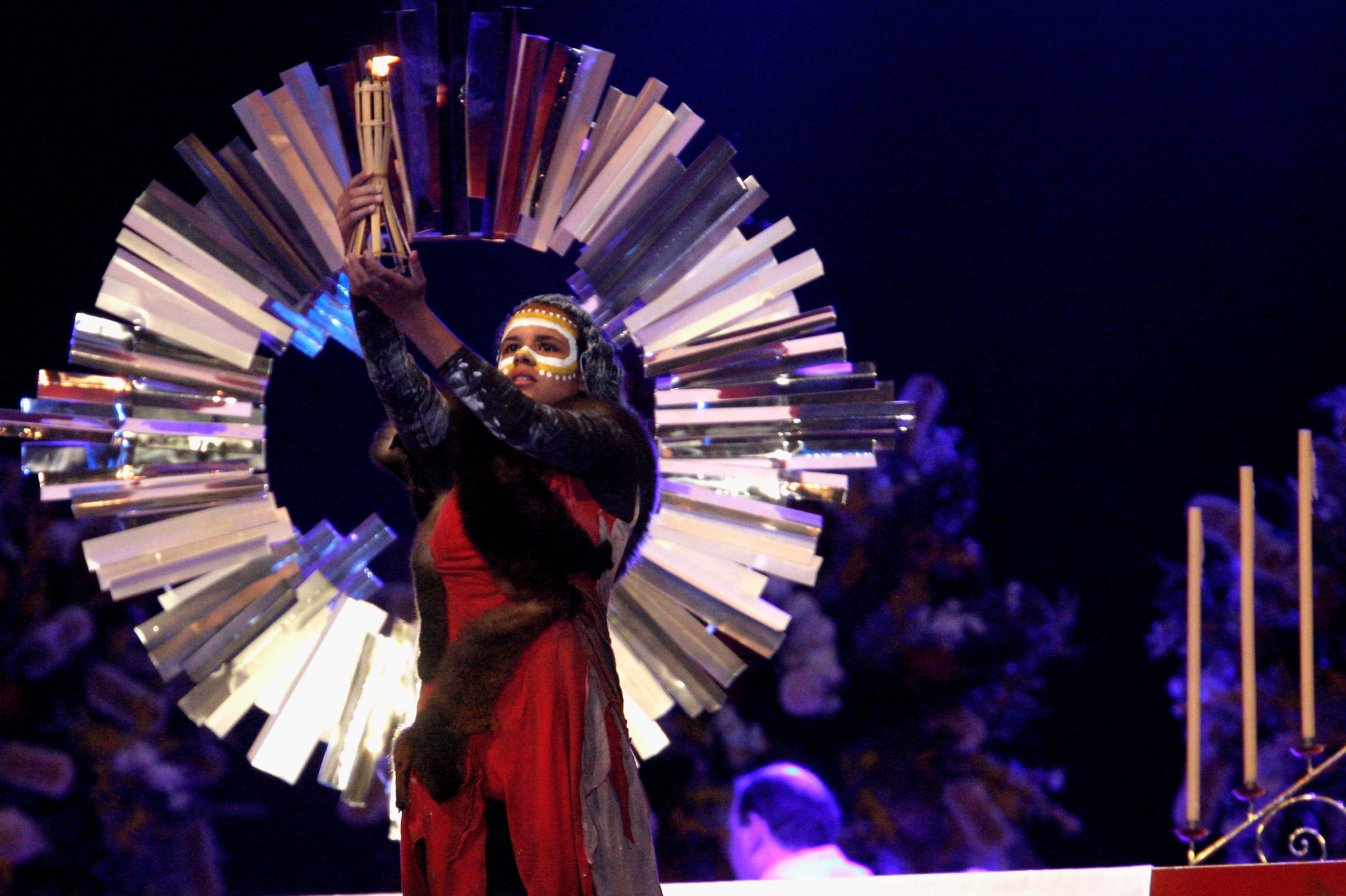
RELIGION
- John Lochowiak
- 24 February 2020
17 Comments
Pope Francis’ 'Querida Amazonia' (Beloved Amazonia) has been warmly received by many members of the Aboriginal and Torres Strait Islander Catholic community. The tone of the exhortation is reflective of the position that underpins our vision for the Church in Australia — a Church that is open to the gifts of First Nations Catholics, honest to the past and embracing of a new way of thinking that utilizes the principle of subsidiarity.
READ MORE 
-
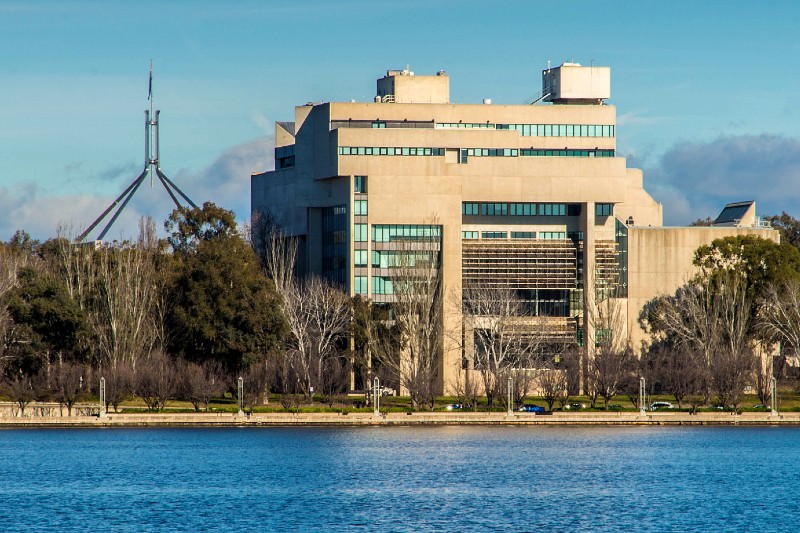
AUSTRALIA
- Kate Galloway
- 02 December 2019
17 Comments
Two Aboriginal men are currently being held in immigration detention under threat of deportation because they are not Australian citizens. The case raises far-reaching implications concerning the status of the relationship between Aboriginal and Torres Strait Islander Australians and the state.
READ MORE 
-

MEDIA
- Neve Mahoney
- 12 November 2019
15 Comments
On their own, Eltahawy's words are confronting, yet within the context of her argument, the questions were about flipping the balance of power on its head for a moment. It's not a call to action, but rather a thought exercise. What if men were as scared of violence from women, as women are taught to be of men?
READ MORE 
-
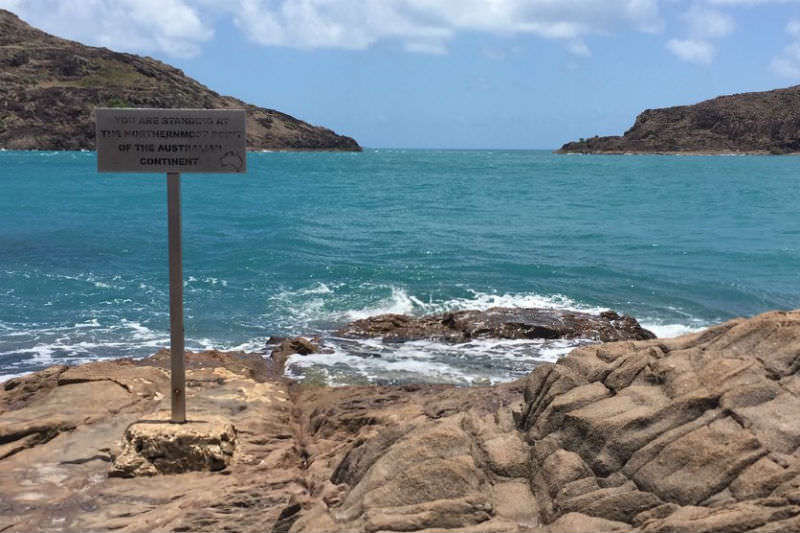
AUSTRALIA
- Catherine Marshall
- 17 October 2019
10 Comments
It's the final outpost, symbolically, demarcating Australia from its closest neighbour, PNG. The islands beyond it are a link to the cultures and geologies that lie to the north, giant stepping stones that guide Australia's Torres Straight Islanders home. For white Australians, they're the barrier marking the country's fiercely-held border.
READ MORE 
-

EDUCATION
- Anthony Dillon
- 16 August 2019
10 Comments
We need to change the language from improving 'attendance' to improving 'engagement' — to reflect that schools need to be places of learning for Indigenous children, not just minding centres, and that learning comes with engagement.
READ MORE 
-

AUSTRALIA
- Katelyn Jones
- 19 July 2019
6 Comments
Intersectionality describes the experience of overlapping oppression faced by black women. Criminologist Chris Cuneen discusses the double jeopardy faced by Indigenous women in Australia who live under both colonialism and the patriarchy. Throw in capitalism and you get a sometimes-lethal triple threat.
READ MORE 
-
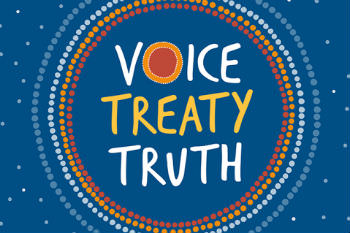
AUSTRALIA
- Andrew Hamilton
- 08 July 2019
5 Comments
The NAIDOC theme returns to the other side of the relationship between First and later Australians — that of unity within a single nation — and invites cooperation in a project that matters to all Australians. At stake is not simply the fulfilment of Indigenous hopes but shared pride in an Australian identity.
READ MORE 